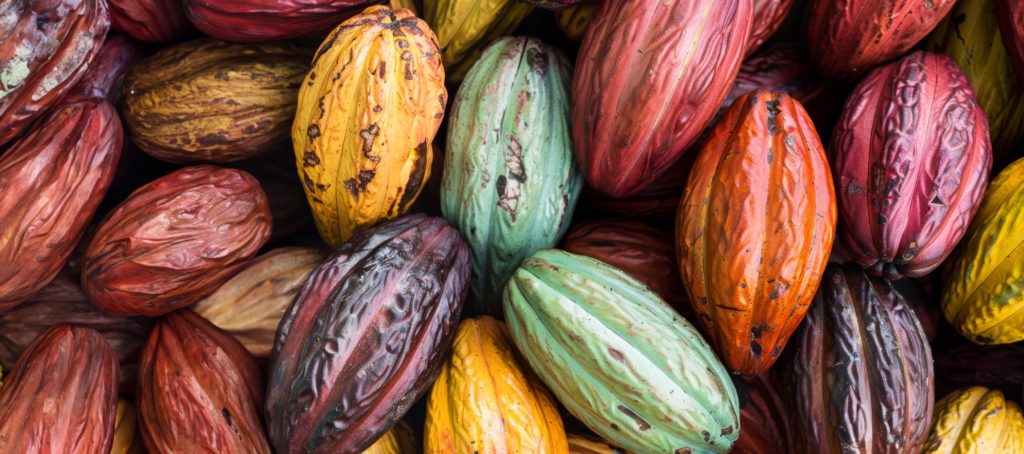Introduction
Cocoa prices are at an all-time high. This is resulting in chocolate and confectionery brands exploring alternative sources and forms of cocoa to stabilize costs. While there are many benefits from using these various cocoa alternatives, there are some key drawbacks to also consider.

Benefits
The key benefit that alternative cocoas offer brands and manufacturers is the opportunity to stabilize prices. FMCG Gurus’ consumer insights show that over half of consumers globally (58%) consider affordability to be important when purchasing chocolate products. This means that they will be unwilling to spend more on day-to-day chocolate and confectionery purchasing as they resist rising prices. Alternative cocoas offer the chance for prices to regulate as they remove the reliance on regular cocoa.
Additionally, many plant based cocoa alternatives provide brands the opportunity to position their products around certain claims. For example, 59% of consumers say that they actively seek out products with “100% natural” claims. Alternative cocoas, such as fermented grain-based formulations, can be positioned as the ‘natural’ alternative to lab-grown or genetically modified cocoa.
Similarly, some alternative cocoas have additional health benefits that brands can position the products around. Carob, for example, is a naturally sweet, caffeine-free alternative to traditional cocoa. This can assist brands that use it to market their chocolate products as ‘healthier’ than regular chocolate. This being said, 50% of consumers say that they eat chocolate as a treat or reward. While only 13% say that they use it as a healthy indulgence. Therefore, brands wanting to use carob should only do so in the health sector (for example, brands making chocolate flavored protein bars). This is because many consumers within the traditional chocolate sector are not motivated by health goals.

Challenges
There are some challenges that brands using alternative cocoa need to address. In 2025, consumers are seeking comfort and nostalgia from their product choices. FMCG Gurus’ consumer insights show that almost half global consumers (44%) stating that they like flavors that they know and trust when they seek out snack products. As a result, consumers are likely to be unwilling to compromise on the traditional “chocolate” flavor associated with regular cocoa-based chocolate products. Consequently, the use of alternative cocoa is likely to be more effective for smaller brands with less presence than bigger and more well known brands.
Furthermore, there are some ethical concerns surrounding the use of alternative cocoa. Cocoa farming is a major industry within many developing economies. By reducing reliance on cocoa, the use of alternative cocoas also massively impacts farmers working within the industry. FMCG Gurus highlights that this is a major concern for 41% of consumers who say that they have sought out brands that guarantee the ethical treatment of farmers.